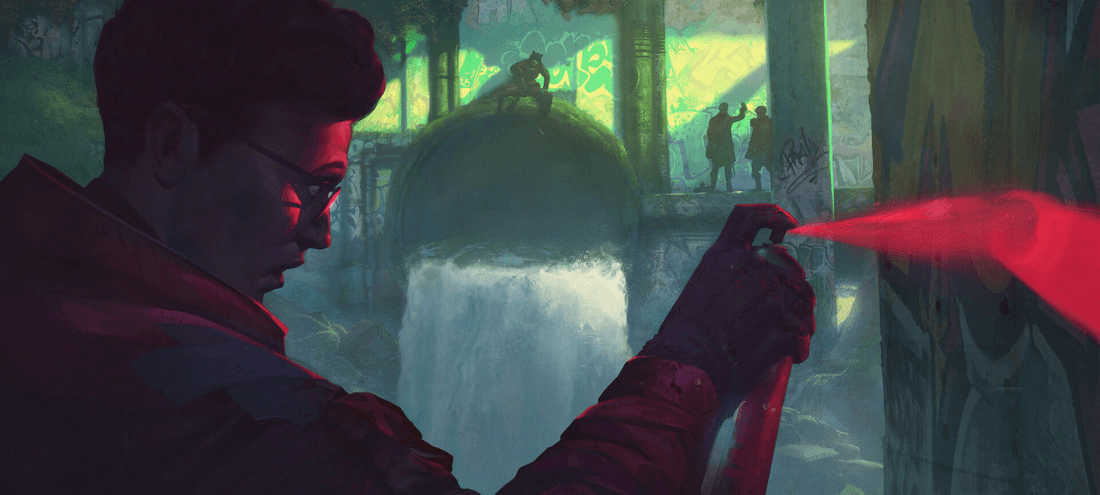Today we’d like to introduce you to Lanny Markasky.
Hi Lanny, thanks for sharing your story with us. To start, maybe you can tell our readers some of your backstory.
My creative journey was made possible with the support of my family. My mother was an artist of various mediums, and my dad was a guitar builder. From birth there was nothing strange to me about pursuing a creative career. The support I received in whatever I tried to become, whether it was a break dancer, magician, tattoo artist, or whatever, I was fully confident I could do anything I set my mind to.
My life was always about finding things to be passionate about, and giving it my all. As a result, I would get really good at whatever I did, and always found ways to make a living, while enjoying what I was doing. I worked at restaurants and did parties as a magician, performed for about eight years at the Santa Monica pier and appeared in several commercials as a break dancer, tattooed for years and even wrote a book on art for tattoo artists.
My love for painting and creating images eventually took priority and became my main obsession. After getting my BFA in Illustration from CSU Long Beach, I moved to NYC, and spent about 9 months figuring out what I wanted to do, what skills I needed to build, and reinventing myself. I chose storyboarding because it combined my passion for narrative, and my love for figurative drawing and painting.
Alright, so let’s switch gears a bit and talk business. What should we know about your work?
On the surface, I’m an illustrator in the advertising and entertainment industry. I do everything from quick Storyboard sketches, to finished concept art and illustration, for marketing, commercials, film and TV, video games, music videos, and more. My clients include Riot Games, Nickelodeon, STARZ, FX, Paramount, and Facebook, just to name a few.
When I think about what I specialize in, it’s a very specific skill set that is use across this wide spectrum of work I do. At its core, it’s visual communication and problem solving. It doesn’t matter what medium I use, how quick or how polished the piece is, or who I’m working for. What makes me valueble, and the reason why people call requesting me, is not just my refined drawing skills. It is my ability to understand the unique set of problems and restrictions set for a project, find captivating and creative solutions to solve these problems, and draw in an efficient, economic way, simply, to communicate my solution. The way I’ve come to think about art is solving a series of problems, visually, that results in an illustration. Sometimes my job is to think like a director, and do quick sketches that focus completely on framing and camera moves, trying to create the perfect sequence of shots to realize the vision of the director. Other times I’m responsible for creating exciting and compelling illustrations to not only visualize the idea, but also to get the client excited and sell them on it. Some jobs I have to capture an actors likeness or specific design elements, other jobs it’s important to work looser and focus on the story, so nobody gets locked into the wrong details. Every job presents new and unique challenges, and it’s up to me to formulate the correct approach to each job.
How do you think about happiness?
What makes me happy, in regard to art and my career in art, has changed significantly over the years. I think back to when I was in college, things were so simple. My only goal was to become the greatest artist ever, and I actually believed at that time it was a tangible thing that I could grasp. Along with having that clear goal, I had classes where I was constantly learning, doing assignments to gain new skills, and getting the satisfaction of validation, from teachers and peers, every time I finished an assignment. To me, that was happiness. Constantly striving towards my goal, celebrating the progress, and receiving validation from people i respect.
Once you’re out of college, everything changes. You realize how big the world is. The idea of being the best artist is no longer a thing, because there is no best. There’s just different. There’s uniqueness. There’s choosing the tools you want in your toolbox, which subjects you want to excel in, what job you want to go for, etc. After college, my next goal was fairly obvious. I needed to find a job and make it as a successful, professional artist. So I still had a clear direction to go, and happiness meant working towards that goal. I was happy with every step that got me closer, and every job that came my way.
Now, after working in the industry for almost 10 years, everything’s gotten very confusing. I have achieved most of my goals, I’m a professional artist, I’ve worked on great projects, with amazing people, polished my skills, wrote a book, taught classes and workshops, and support a family with my art. I’m extremely thankful for everything that’s happened, how far I’ve come, and the way my life is going, but it’s become so unclear what my goals are now. It’s hard to know what I should be doing or striving for. I’m desperate to keep moving forward, making progress, and working toward something, but at this point I don’t even know what forward means. I can always keep learning and improving my skills, but what am I trying to get better at? Composition? Color? Storytelling? Should I be trying to learn new tools? New software? 3-D? Or should I be trying to get better jobs? Should I be trying to make more money? Write another book? Or is the answer something completely outside of art all together? Maybe it’s about focusing on being more healthy, working out, traveling and getting more life experience, or more quality time with my family. I’ve had a really rough time navigating all of this. There’s clearly still directions I can move in, but there’s no strong motivation to pick one. As a result, everything just seems unimportant, and causes a lot more stress, anxiety, and uncertainty than anything else.
What I’m most grateful for through this is my family. Having something outside of my career that gives me so much happiness and support, and validates my existence on its own, really helps me take a step back from my work and appreciate what I’m doing. When I’m lost and I feel like my identity as an artist is crumbling around me, it provides a foundation to stand on where I can assess the situation and rebuild.
In an attempt to work through my artistic struggle, I’ve learned a lot of new skills, built portfolios for different types of work within my industry, and experimented with different kinds of personal projects. I’m constantly searching for motivation, and anything that sounds fun or exciting, even for just a moment. I am also being completely open to changing my path any time I find something else exciting or fun. I can work on a storyboarding portfolio for film, jump to doing keyframes for games, see something interesting on tv and let it inspire a new personal project, or find myself with downtime and start writing a new book. In other words, I let whatever I’m most interested in at the moment guide my motivation.
At first, jumping around to so many different subjects seemed chaotic, and keeping me from really progressing in any one clear direction, but it’s allowed me to see a much bigger picture of the type of artist I am. I’m discovering the kind of problem-solving I enjoy, and the way in which I want to tell stories. I’m starting to see my identity through my body of works. Furthermore, by creating more and more work that I enjoy for my portfolio, the more people reach out to me with jobs that I enjoy because they’re hiring me based on my portfolio. I’m still not sure where all this is going to take me, but I believe the journey is far more important than the destination, and I’m enjoying the journey.
Contact Info:
- Website: http://www.lannymarkasky.com
- Instagram: https://www.instagram.com/lanny.markasky/
- LinkedIn: https://www.linkedin.com/in/lanny-markasky/
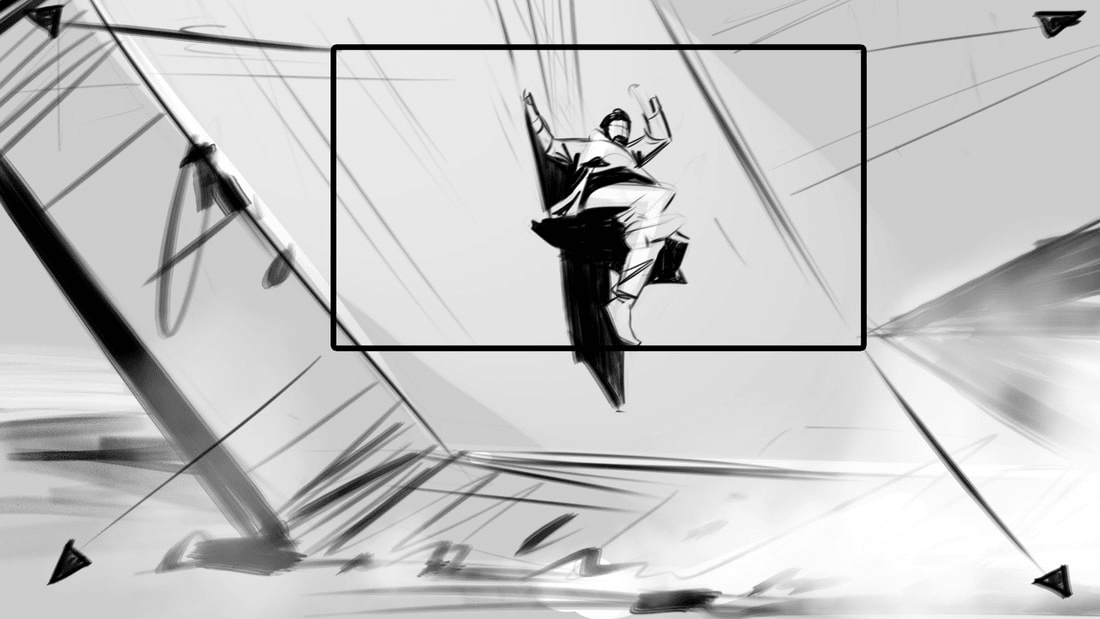
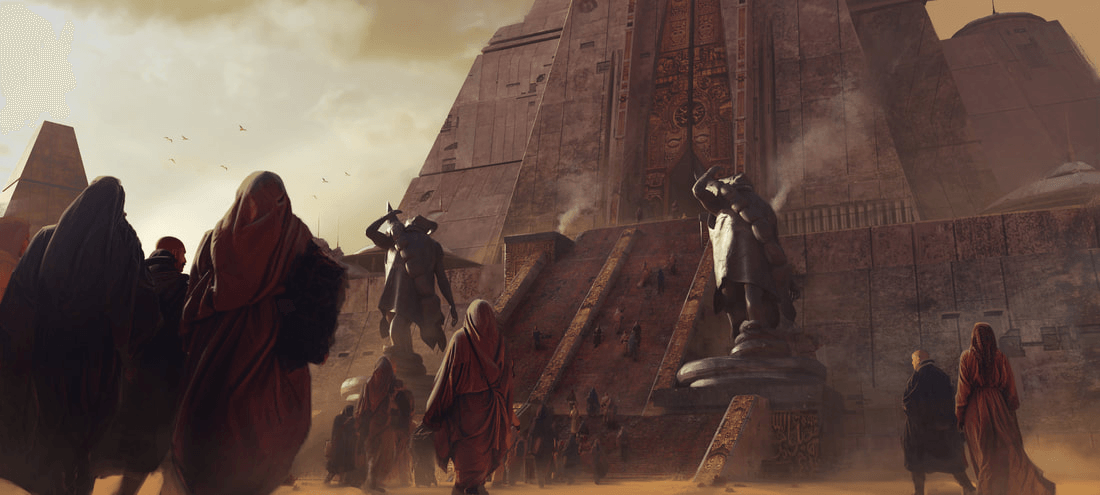
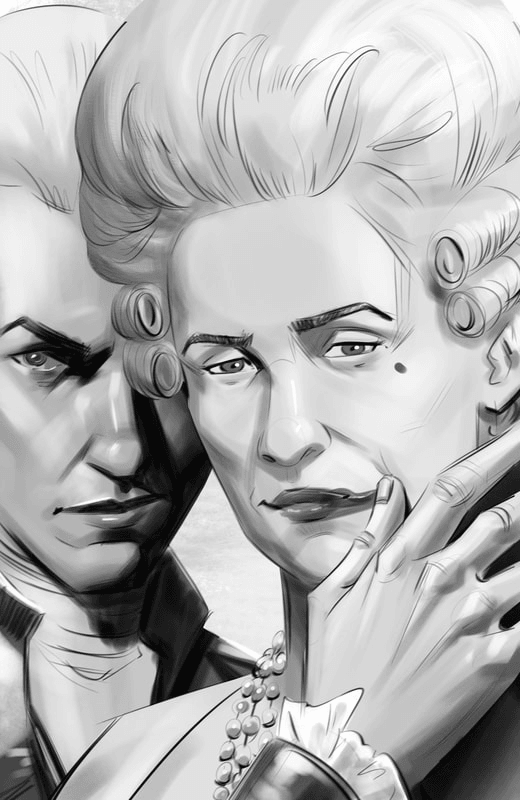
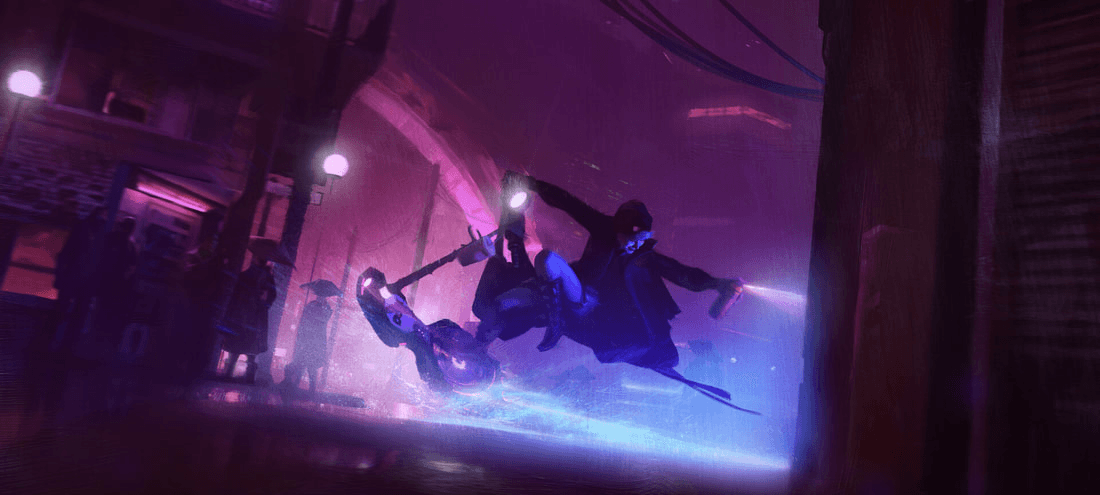
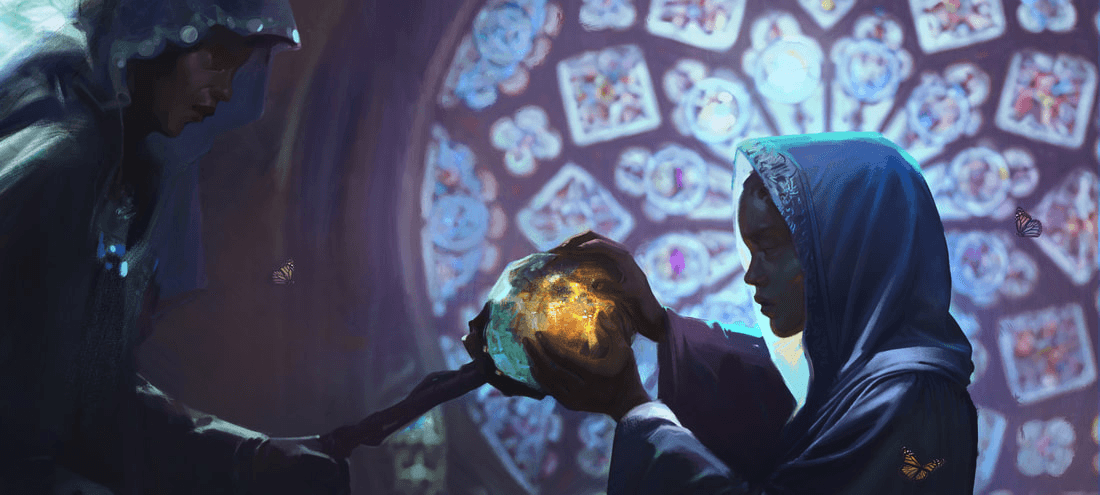
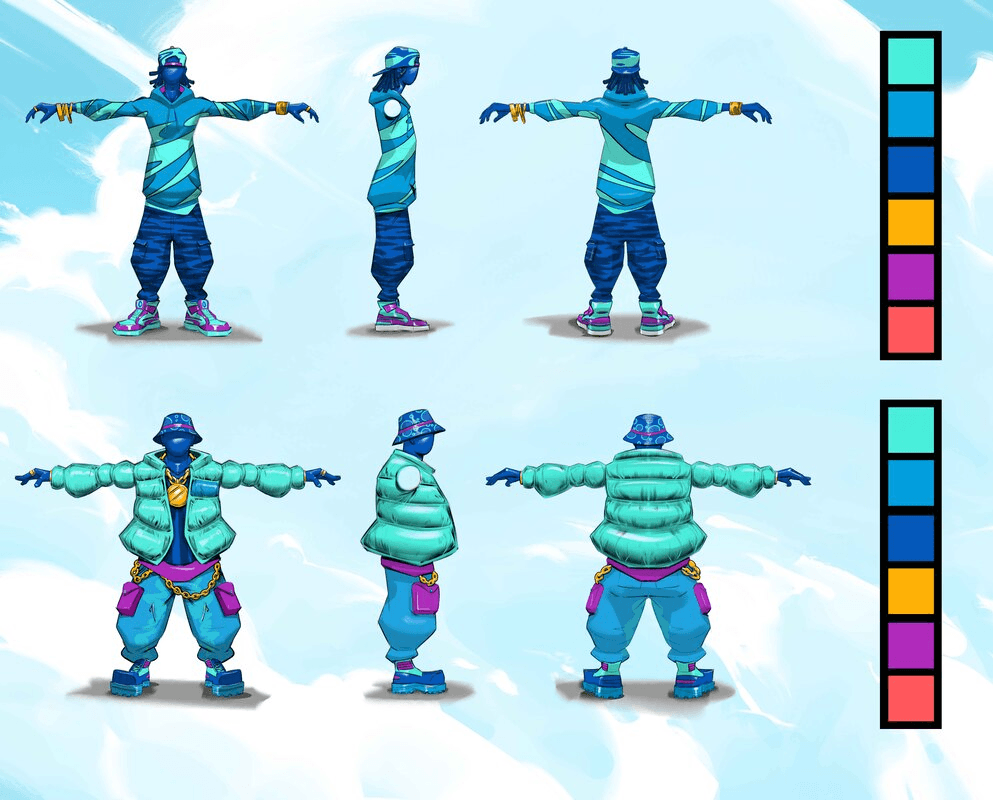
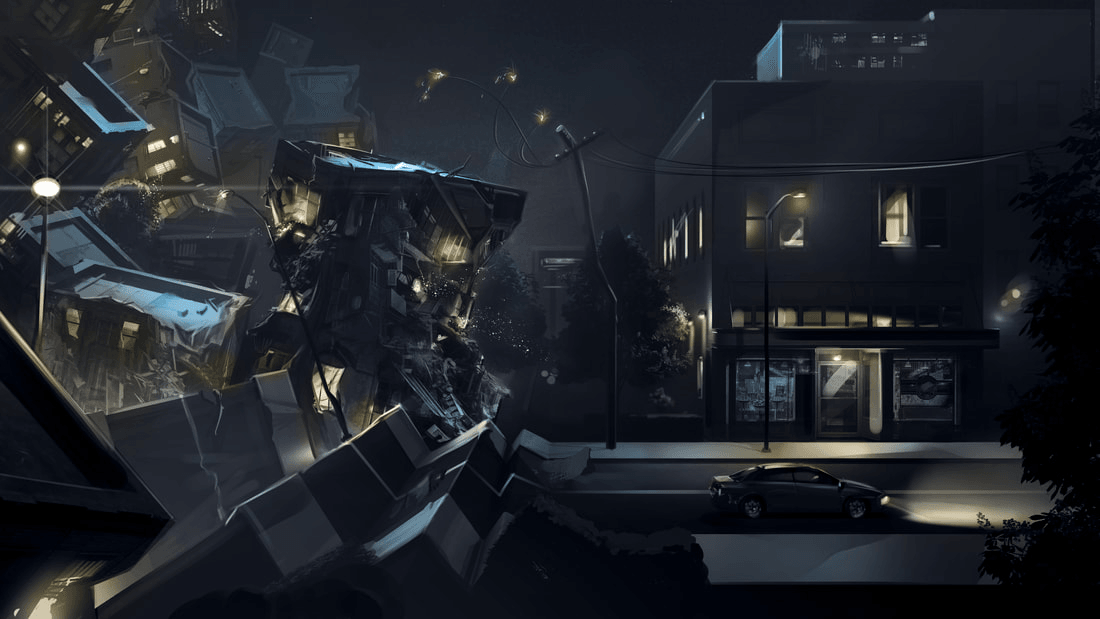
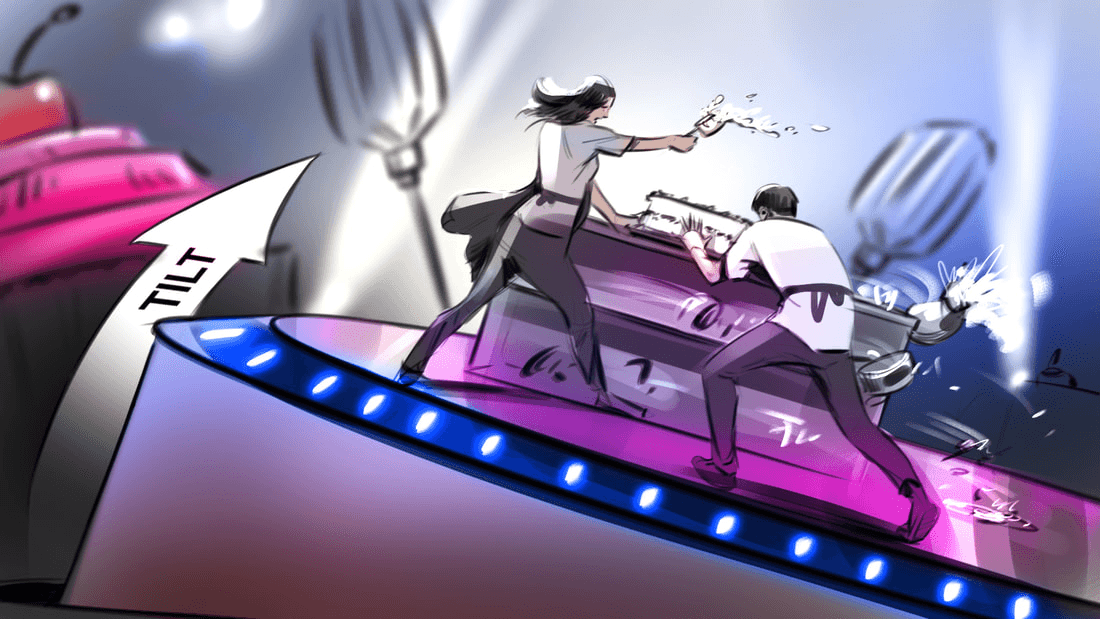
Image Credits
Lanny Markasky


